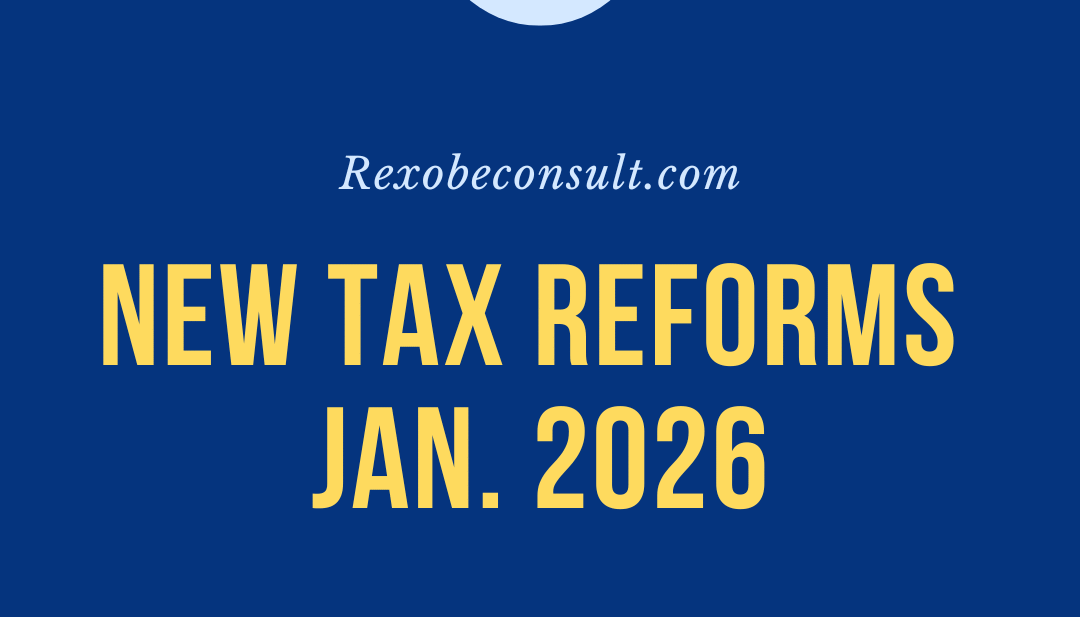The 2026 Nigerian tax reforms have redefined how businesses must handle compliance. With stricter enforcement by the Federal Inland Revenue Service (FIRS), new levies, and tighter filing deadlines, businesses that fail to act risk facing heavy tax fines, penalties, or even company deregistration by CAC.
Here are six actionable steps every business owner in Nigeria should take:
- Register & Update Your Records 📝
Ensure your business is properly registered with the Corporate Affairs Commission (CAC). Update your taxpayer records with FIRS or State Internal Revenue Service. Many fines arise simply from incomplete or outdated registrations.
- Understand the New Development Levy 💰
One of the biggest changes is the 4% Development Levy in Nigeria, replacing multiple older levies. Small businesses may be exempt, but medium and large companies must budget for it.
- File Annual Returns on Time ⏰
The reforms emphasize stricter annual return filing. Late filing now attracts higher penalties. Businesses must file with CAC and tax authorities before the deadline to remain compliant.
- Keep Proper Books of Account 📚
With increased audit powers, tax authorities can now audit Nigerian businesses more easily. Keeping clean financial records protects your business and ensures you can defend against compliance checks.
- Review Your Pricing & Contracts 📊
New taxes and levies affect your business cost structure. Review supplier contracts, client agreements, and pricing to avoid unexpected losses under the new system.
- Seek Professional Guidance 🤝
Don’t attempt DIY compliance. Work with a tax consultant in Nigeria or a professional compliance firm to interpret the reforms, optimize your tax strategy, and avoid costly mistakes.
The Nigerian tax reform 2026 is more than new rules, it’s a tougher compliance environment. These six steps will help you avoid tax fines, penalties, and CAC deregistration while keeping your business compliant.
👉 Need expert help? Book a consultation with our compliance team today and stay ahead of the reforms.









